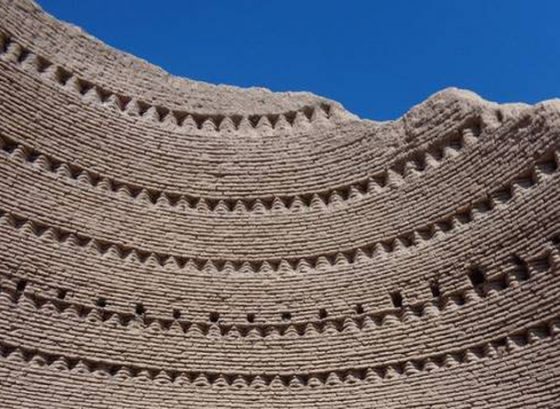UNESCO Tehran Cluster Office participates in Workshop on “Practices of Intangible Cultural Heritage Safeguarding” in Fujian province, China

From 12-18 June 2015 the UNESCO Tehran Cluster Office, represented by Ms. Mahta Mohegh, participated in the Workshop on “Practices of Intangible Cultural Heritage Safeguarding in Fujian province, China, AVA Diplomatic reports.
The workshop was hosted by the International Training Centre for Intangible Cultural Heritage in Asia and Pacific under the auspices of UNESCO (CRIHAP); the International Information and Networking Centre for Intangible Cultural Heritage in the Asia and Pacific Region under the auspices of UNESCO (ICHCAP); and Fujian Provincial Department of Culture.
The focus of the workshop was on experience exchange and discussions about programmes, which best reflect the principles and objectives of the 2003 UNESCO Convention for the Safeguarding of the Intangible Cultural Heritage.
Mr. Zhang Bing, Deputy Director-General of the Department of Intangible Cultural Heritage in the Ministry of Culture of China opened the workshop, which was organized in support of UNESCO’s 70th Anniversary and the 10th Anniversary of China’s Cultural Heritage Day.
During the workshop, Ms. Mohegh talked about intangible cultural heritage safeguarding practices in Afghanistan, Pakistan, Turkmenistan and I.R. Iran. Other speakers also shared experiences and best practices from their countries through different panel discussions.
The workshop participants, who came from several countries in Asia, also attended the opening ceremony of the celebration of China’s National Cultural Heritage Day and visited the Fuzhou Puppet Festival. Fujian puppetry practice was inscribed in UNESCO’s Intangible Cultural Heritage List under the “best safeguarding practices” category in 2012.
Furthermore, the international delegation witnessed the procedure of producing Jasmine Tea, which was registered on China’s National Intangible Cultural Heritage list, and visited a Lacquer Ware Arts Centre.




